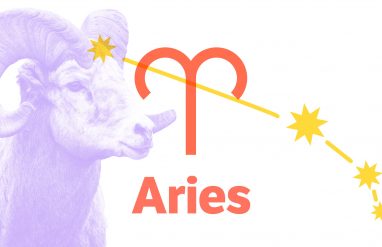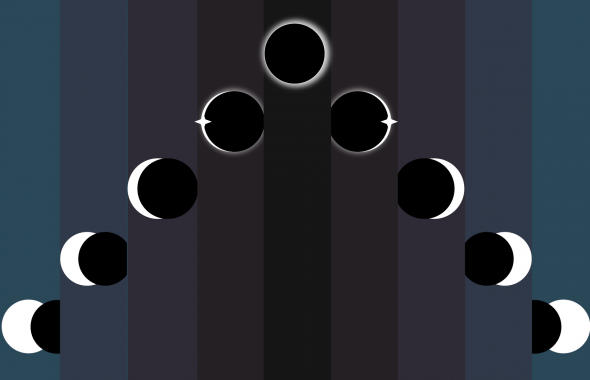What do good parties and crossword puzzles have in common? Besides being fun, most of them have
themes. The difference, however, is that while a party’s theme is usually announced via the invitation, a crossword’s themes are up to you to figure out on your own.
There are two types of themes when it comes to crossword puzzles—overarching themes that are unique to each puzzle and themes that commonly run throughout the clues of all crossword puzzles. Here’s what you need to know about both.
Overarching crossword puzzle themes
Puzzle themes can vary vastly. They may include puns, plays on words, and other antics that will ultimately have you saying, “aha!” in the end. For example, a noted 2005 New York Times puzzle contained five answers that all ended with parts of a tree: Squareroot, tableleaf, wardrobetrunk, brainstem, and bankbranch. We don’t have to go out on a limb to call that clever.
Not all crossword puzzles have overarching themes though. For example, the NYT crossword puzzles rarely have themes on Fridays and Saturdays.
How to determine a crossword puzzle’s theme?
A crossword’s theme is typically revealed in the puzzle’s longest answers. Once you find some commonality, it can provide insight into other answers. How much insight? That depends, as the number of answers related to a puzzle’s theme can vary greatly. Keeping the theme in mind can only help though.
If a crossword puzzle has a title, a clue to the theme will likely be included in it as well. Don’t expect it to be straightforward though.
Common crossword puzzle clue themes
What may help even more than sussing out the overarching theme of a crossword puzzle is being aware of the common themes that run through all crossword puzzle clues. Here are some of the most popular:
Question marks
While a question mark is a pretty straightforward punctuation mark, when a crossword clue ends with one, that’s a sign the answer may be a bit trickier because it is in the form of a pun or some sort of mind-bending word play. Think of homonyms and other words that can throw you for a mental loop. For example, a clue regarding bass may have you thinking of answers involving fish, when it’s actually related to something you’d find in the brass section of a band.
Tip: Question everything when you see a question mark in a clue.
Fill-in-the-blank
Fill-in-the blank clues are typically among the easiest to solve. You have most of the answer, it’s just missing a word (or in some cases two or more words), which can often be deduced by the other words. For (a very simple) example, a clue may be “___ House on the Prairie.” Answer: Little.
Tip: Read the phrase out loud, and sometimes your mind will fill in the _____.
Matching tenses
It’s standard across puzzles that if a clue is given in one tense such as past or present, then the answer will be in the same tense as well. For example, if the clue refers to a synonym for hopped (past tense), the answer would be jumped, not jumps or jumping.
Tip: Brush up on some basic grammar if tenses get you tangled up.
Partner clues
These words go together like peas and carrots. A partner clue gives one of two words that are frequently paired together and asks you to fill in the other. For example, a clue may read partner of birds for the answer bees.
Tip: Make your own fill in the blank with the clue; e.g., Birds and ______
Abbreviations
In most cases, if a clue is abbreviated, the answer will be too. For example, if a clue refers to an American GI instead of a soldier, the answer would likely use WW instead of World War.
Tip: When you see an abbreviation in a clue, think short when it comes to the answer.
Frequently appearing words
There are some words that lend themselves well to crossword puzzles, either by their length (typically short) or number of vowels (the more the better). Sometimes referred to as crosswordese, you’re likely to see answers like era, area, emu, and one frequently.
Tip: As you do puzzles, make a mental bank of words you see repeatedly to tap into when you’re searching for answers.
And, if the theme of your puzzle seems to be “stuck,” you’re in luck as there’s help to be had. Our free Crossword Solver lets you plug in a given clue and any known letters for help with answers. Happy puzzling!














